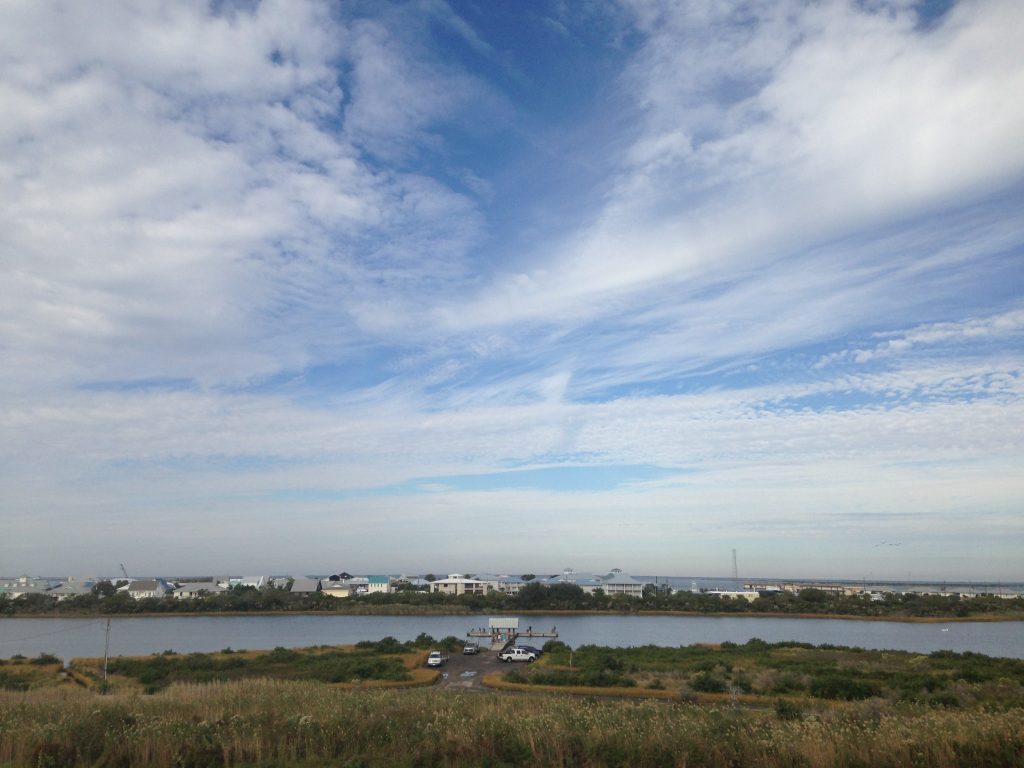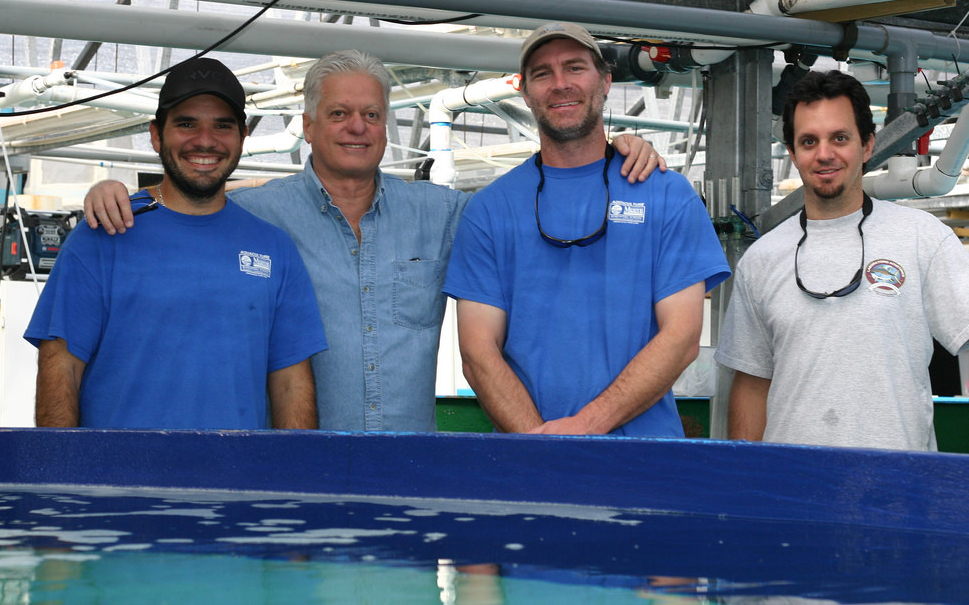How climate change is changing the way we do science
August 29th, 2005 is a day that I will never forget. My mother and I had evacuated our New Orleans home several days earlier, and we sat glued to the television, transfixed by the images of Hurricane Katrina inundating our city. In the months that followed, we scoured Google Maps, simply to see if our house still stood. When we finally returned home ten months later, I saw how easily entire ecosystems can be disrupted and destroyed by natural disasters. Hurricane Katrina left a legacy of destruction in its wake, but watching my city recover from the devastation gave me an intimate perspective on the issues associated with living in a coastal environment and compelled me to pursue a career in coastal resiliency.
How climate change is changing the way we do science Read More>

